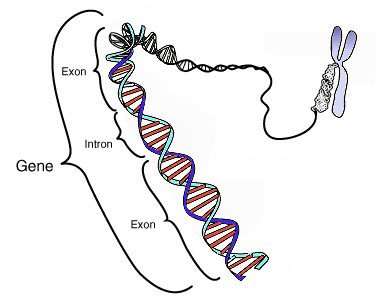 Paradoxically the law and common sense often seem to be at odds. Justice may still be blind, at least in most open democracies, but there seems to be no question as to the stupidity of much of our law.
Paradoxically the law and common sense often seem to be at odds. Justice may still be blind, at least in most open democracies, but there seems to be no question as to the stupidity of much of our law.
Some examples: in Missouri it’s illegal to drive with an uncaged bear in the car; in Maine, it’s illegal to keep Christmas decorations up after January 14th; in New Jersey, it’s illegal to wear a bulletproof vest while committing murder; in Connecticut, a pickle is not an official, legal pickle unless it can bounce; in Louisiana, you can be fined $500 for instructing a pizza delivery service to deliver pizza to a friend unknowingly.
So, today we celebrate a victory for common sense and justice over thoroughly ill-conceived and badly written law — the U.S. Supreme Court unanimously struck down laws granting patents to corporations for human genes.
Unfortunately though, due to the extremely high financial stakes this is not likely to be the last we hear about big business seeking to patent or control the building blocks to life.
From the WSJ:
The Supreme Court unanimously ruled Thursday that human genes isolated from the body can’t be patented, a victory for doctors and patients who argued that such patents interfere with scientific research and the practice of medicine.
The court was handing down one of its most significant rulings in the age of molecular medicine, deciding who may own the fundamental building blocks of life.
The case involved Myriad Genetics Inc., which holds patents related to two genes, known as BRCA1 and BRCA2, that can indicate whether a woman has a heightened risk of developing breast cancer or ovarian cancer.
Justice Clarence Thomas, writing for the court, said the genes Myriad isolated are products of nature, which aren’t eligible for patents.
“Myriad did not create anything,” Justice Thomas wrote in an 18-page opinion. “To be sure, it found an important and useful gene, but separating that gene from its surrounding genetic material is not an act of invention.”
Even if a discovery is brilliant or groundbreaking, that doesn’t necessarily mean it’s patentable, the court said.
However, the ruling wasn’t a complete loss for Myriad. The court said that DNA molecules synthesized in a laboratory were eligible for patent protection. Myriad’s shares soared after the court’s ruling.
The court adopted the position advanced by the Obama administration, which argued that isolated forms of naturally occurring DNA weren’t patentable, but artificial DNA molecules were.
Myriad also has patent claims on artificial genes, known as cDNA.
The high court’s ruling was a win for a coalition of cancer patients, medical groups and geneticists who filed a lawsuit in 2009 challenging Myriad’s patents. Thanks to those patents, the Salt Lake City company has been the exclusive U.S. commercial provider of genetic tests for breast cancer and ovarian cancer.
“Today, the court struck down a major barrier to patient care and medical innovation,” said Sandra Park of the American Civil Liberties Union, which represented the groups challenging the patents. “Because of this ruling, patients will have greater access to genetic testing and scientists can engage in research on these genes without fear of being sued.”
Myriad didn’t immediately respond to a request for comment.
The challengers argued the patents have allowed Myriad to dictate the type and terms of genetic screening available for the diseases, while also dissuading research by other laboratories.
Read the entire article here.
Image: Gene showing the coding region in a segment of eukaryotic DNA. Courtesy of Wikipedia.
